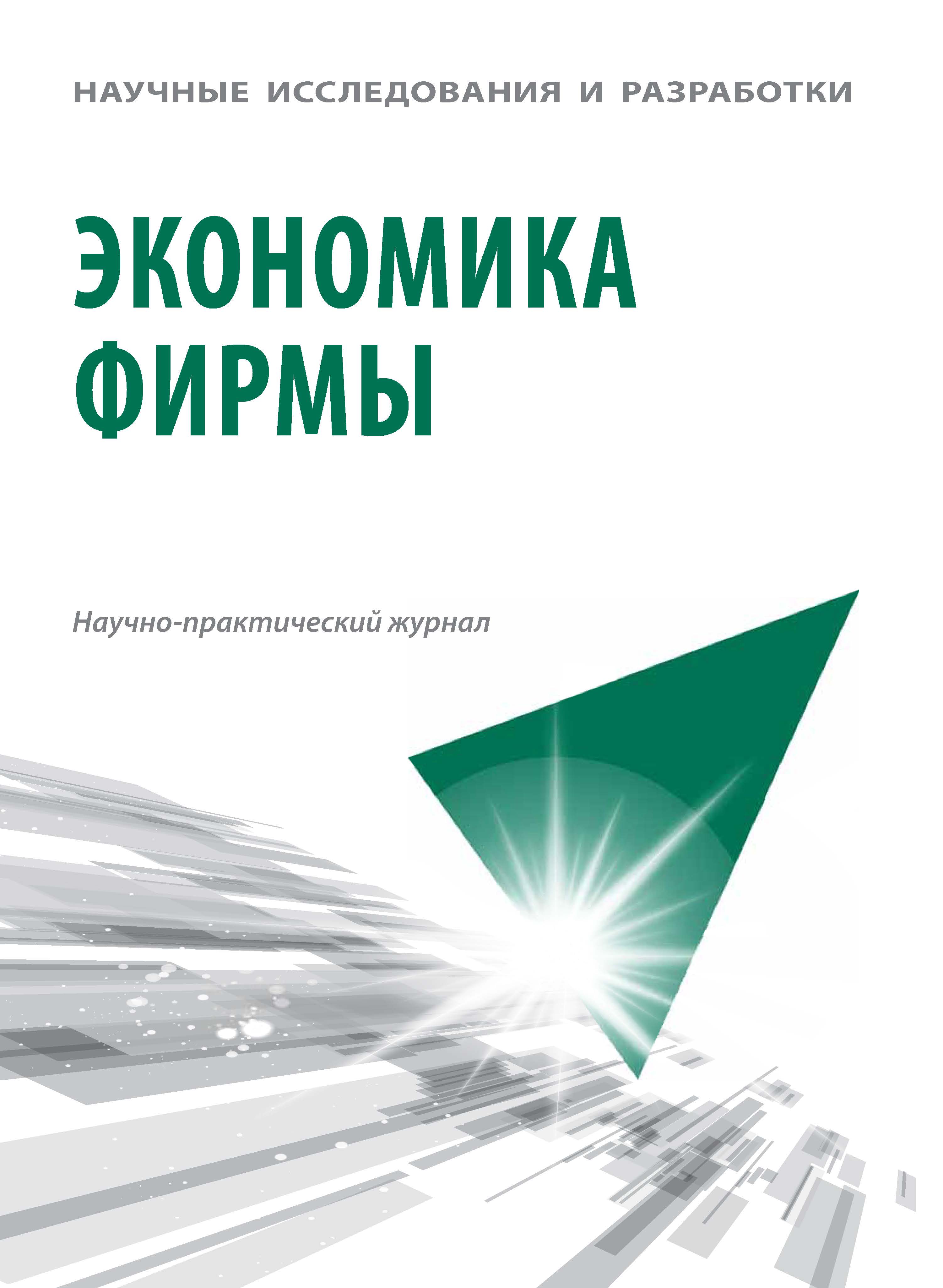UDC 332.1
The article is devoted to the phenomenon of tax evasion, its consequences and ways to measure it. The task includes a fundamental theoretical analysis of the study of the methodological part, focused on the indicator of fiscal pressure. In the paper, the authors presented the causal relationships between taxation, fiscal pressure and tax evasion, as these phenomena are measured at the macro- and microeconomic levels. In examining the causes and consequences of tax evasion at the country and organization/entity levels, the researchers mentioned financial position, financial performance and cash flow as elements to reduce tax fraud. For this, various formulas for calculating tax pressure and tax evasion were established, presented and systematized to reduce tax pressure through the financial results of the entity’s activities.
fiscal policy, financial performance, tax pressure, tax evasion, enterprise debt
1. Agustin Molina-Morales,Ignacio Amate-Fortes &Almudena Guarnido-Rueda, (2014) Economic and Institutional Determinants in Fiscal Pressure: An Application to the European Case, 2014 Pages 573-592, https://doi.org/10.2753/JEI0021-3624450303
2. Alicia Girón Eugenia Correa,(2021) Fiscal Stimulus, Fiscal Policies, and Financial Instability, Journal of Economic Issues, Volume 55, 2021 Issue 2, Pages 552-558 https://doi.org/10.1080/00213624.2021.1915083
3. Bulgac Corina. (2019) Efectele economice ale presiunii fiscale în sectorul vitivinicol. Teză de doctorat. Chișinău: ASEM 2019, disponibilă la /http://www.cnaa.md/files/theses/2019/55069/corina_bulgac_thesis.pdf/accesat 14.03.22
4. COBZARI, Ludmila; ŞARGU, Nicu, (2021) Criminal prosecution activity and investigations on economic crimes assigned to the state fiscal service. In: Lucrări Ştiinţifice - vol. 64(1) 2021, seria Agronomie, Iasi, Romania: Iasi University of Life Sciences, p. 181-185. ISSN 1454-7414
5. Dinga Emil.(2008) Considerații teoretice privind evaziunea fiscală vs. frauda fiscală. Studii Financiare, nr. 4/2008 (Financial Studies), Pag. 20-50 https://ftp.repec.org/opt/ReDIF/RePEc/vls/vls _pdf/ vol12i4p20-50.pdf / accesat în data de 26.06. 2022
6. Gabriela Ignat, Lilia Șargu, Haralambie Athes, Teodor Bivol, and Anelisse Bivol Nigel,(2020) Studies regarding the importance of management decisions in ensuring authentic financial sustainability, «First Conference on Sustainable Development: Industrial Future of Territories» (IFT2020) E3S Web of Conferences Volum 208, 03051 (2020) 10 pag. 0,1 c.a. https://doi.org/10.1051/e3sconf/202020803051
7. IGNAT, Gabriela, ȘARGU, Nicu.(2022) Accounting management decision tool in business: monograph / Gabriela IGNAT, Nicu ȘARGU. Košice: Vysoká škola bezpečnostného manažérstva v Košiciach, 2022. - 151 p.
8. Li, Huiqin, Shuai Guan, and Yongfu Liu. (2022) "Analysis on the Steady Growth Effect of China’s Fiscal Policy from a Dynamic Perspective" Sustainability 14, no. 13: 7648. https://doi.org/10.3390/su14137648
9. Marianne Johnson (2018) Institutionalism and Fiscal Policy at Midcentury, Journal of Economic Issues, 52:1, 103-116, DOI:https://doi.org/10.1080/00213624.2018.1430944
10. Nadia Garbellini(2016) Small Fiscal Multipliers Do Not Justify Austerity: A Macroeconomic Accounting Analysis of Public Debt-to-GDP Dynamics, Journal of Economic Issues Volume 50, 2016 - Issue 4, Pages 1027-1044 https://doi.org/10.1080/00213624.2016.1249748
11. Nuță A-C, Nuță F-M. (2020)Modelling the Influences of Economic, Demographic, and Institutional Factors on Fiscal Pressure Using OLS, PCSE, and FD-GMM Approaches. Sustainability. 2020; 12(4):1681. https://doi.org/10.3390/su12041681 EDN: https://elibrary.ru/XZATCC
12. Obrota Gabriela, Chirculescu Maria Felicia, (2011) The fiscal pressure in the eumember states, Annals of the „Constantin Brâncuşi” University of Târgu Jiu, Economy Series, Issue 1/2011, r. 157
13. Raita V. G. (2020)Dezvoltări și aprofundări privind rolul contabilității în combaterea evaziunii fiscal. Teza de doctorat. Cluj-Napoca 2020
14. Timuș, A.; Afteni L. (2016) Patent system of taxation in Republic of Moldova: analysis and outlook. In: International Scientific Conference ”Accounting and Finance - the global languages in business”, 1st Edition Piteşti, March 18, 2016
15. Vintila Georgeta. (2006) Fiscalitate: metode și tehnici fiscale, ediția a II-a. București: Editura Economică, pag. 258-261
16. Stawska, Joanna, and Małgorzata Jabłońska. (2022). "Determinants of Inclusive Growth in the Context of the Theory of Sustainable Finance in the European Union Countries" Sustainability 14, no. 1: 100. https://doi.org/10.3390/su14010100
17. Srandafir A., Brezeanu P. (2011) Optimalitatea politicii fiscale în România din perspectiva curbei Laffer. Economie teoretică şi aplicată, Volumul XVIII, Nr. 8(561), pp 53-61, 2011






